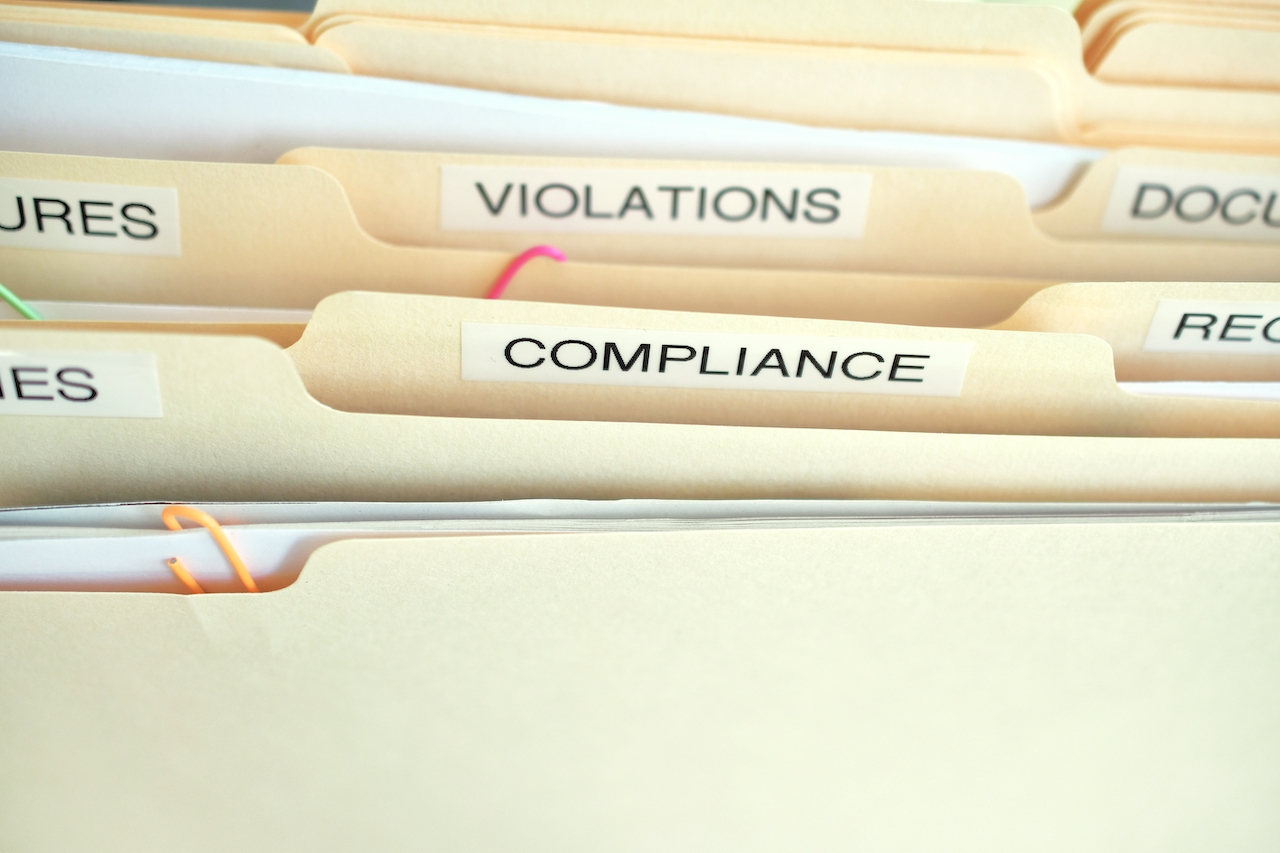Developing a comprehensive understanding of the International Traffic in Arms Regulations (ITAR) can be the difference between keeping compliance and facing hefty penalties. When your business deals with the manufacture, export, or brokering of ITAR-controlled items, it’s crucial to have a clear understanding of what is expected from you and your company.
The last thing you need is to face civil and criminal penalties for non-compliance with ITAR regulations. To help guide you in the right direction, here is the ITAR compliance guide you need.
What Is ITAR?
ITAR is a set of regulations established by the United States Department of State in 1976. These rules govern the export and transfer of defense-related technology and information, with the primary aim of preventing their misuse or diversion into unauthorized hands.
Examples of defense-related technology include the following:
- Military Hardware: This category includes items like firearms, missiles, tanks, armored vehicles, aircraft, naval vessels, and drones, specifically designed for defense and military use.
- Advanced Weapons Systems: Technologies such as missile guidance systems, advanced radar systems, and stealth technology fall under this category.
- Munitions: This includes ammunition, explosives, and other ordnance used in military operations.
- Cybersecurity Tools: Tools and technologies used for cyber defense and securing critical infrastructure, including firewalls, intrusion detection systems, and encryption software.
- Biological and Chemical Defense: Technologies used for detecting, defending against, and responding to biological and chemical threats, including protective gear and detection equipment.
- Aerospace Technology: Technologies used in aerospace engineering, including propulsion systems, avionics, and aircraft design, which can have both civilian and military applications.
Who Must Comply?
ITAR compliance primarily applies to individuals, organizations, and businesses involved in the export, import, manufacturing, or brokering of defense-related articles and services in the United States. This typically includes:
- Defense Contractors: Companies and contractors engaged in the production, sale, or distribution of defense-related articles and services.
- Aerospace and Defense Industry: Firms operating in the aerospace and defense sectors, including those manufacturing military equipment, weapons, or components.
- Technology and Research Entities: Organizations engaged in research, development, or transfer of defense-related technology or technical data.
- Exporters and Importers: Entities involved in the importation or exportation of defense articles or services.
- Brokers: Individuals or companies that act as intermediaries in the sale or transfer of defense-related items, services, or technical data.
- Individuals with Access: Individuals who have access to defense-related technical data, whether as employees or contractors.
It’s crucial to note that ITAR regulations are comprehensive and encompass a wide range of items and technologies, including military hardware, software, technical data, and services.
Therefore, businesses and individuals engaged in these activities should be aware of and adhere to ITAR compliance to ensure legal and responsible handling of defense-related materials and information.
Categories of Covered Items
ITAR regulations apply to 21 different categories of items classified as defense articles and technical data.
- Weapons systems
- Equipment and components for weapons systems
- Ammunition
- Launch vehicles, guided missiles, and drones
- Explosives and explosive devices
- Fire control, range-finding, and optical and guidance control equipment
- Aircraft and related articles
- Naval vessels and related equipment
- Ground vehicles
- Specialized equipment for military training or simulation
- Protective personnel equipment
- Chemical agents and equipment
- Electronics and avionics
- Materials and miscellaneous articles
- Public safety equipment
- Nuclear weapons and related items
- Classified articles, technical data, and defense services not otherwise covered
- Directed energy weapons
- Spacecraft systems and associated equipment
- Submersible vessels and related articles
- Miscellaneous articles not otherwise covered
Registration and Licensing
The registration process requires companies to provide information about their business as well as the types of items they deal with. Once this is complete, companies are assigned an ITAR identification number which must be included in all export documentation.
As for licensing, most companies will need to obtain a license from the Directorate of Defense Trade Controls (DDTC) to export or transfer ITAR-controlled items. Depending on the type of license, approval may be required for each transaction that occurs.
Necessary Procedures for Compliance
Here are necessary procedures that businesses must adopt to ensure full compliance with these stringent regulations.
1. Controlled Access and Security Measures
To ensure ITAR compliance, businesses must establish robust security measures to safeguard controlled items from unauthorized access or disclosure.
This includes physical security measures such as locks and alarms, as well as digital security measures such as network security protocols and encryption. Moreso, businesses must also enforce controlled access to ITAR-controlled documents, databases, networks, and systems to prevent unauthorized disclosure.
2. Training and Awareness
To ensure compliance with ITAR regulations, education is key. Your employees could very well be the downfall of your business if they don’t understand these regulations and the importance of adhering to them.
This is why regular training programs should be in place to ensure that employees remain aware of any changes in ITAR regulations and compliance requirements.
3. Recordkeeping and Documentation
Accurate recordkeeping and documentation related to ITAR-controlled activities are a must. Businesses must maintain records of all transactions involving ITAR-controlled items, including but not limited to the following:
- Export license applications
- Exports authorized by license exceptions
- Technical assistance agreements (TAA) and manufacturing licenses (MLA)
- Reexports of defense articles
- Transfers of defense services
- Brokering activities
All records must be maintained for at least five years and made available to the DDTC upon request to finish off your ITAR compliance.
Become ITAR Compliant with Simple Systems
Ensuring compliance with ITAR regulations is no small feat. That’s why it’s important to get help from an experienced team such as Simple Systems that can make the process easier and more efficient.
We provide ITAR compliance services that cover all of the necessary components for achieving and maintaining compliance. From securing your networks and enforcing security measures to implementing access controls, we have the tools to help you reach compliance. Ready to make ITAR compliance easy? Contact us today!


